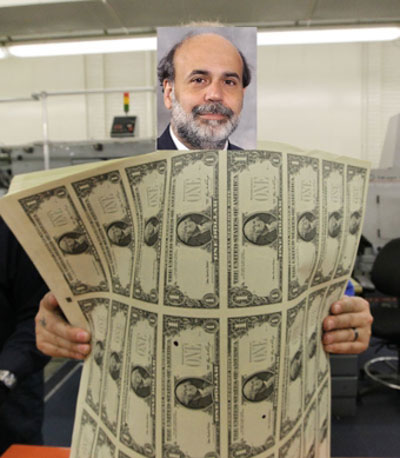To be long gold is, in a grand thematic way, to be short the socialization of risk –James Grant
Listen first econ400_lecture3 as you view these: 2012 1Q Mises on Money and Banking Lecture 3. Then read the chapters along with the study guide: CHAPTER 3. Supplements to the chapters: Chapter 3 Sanchez Supplement to the Readings
Extra Credit
Take the quiz: Quiz Lecture 3 on Chapters 5 and 6 in Money and Credit
———-
What Does Cheap Really Mean?
http://www.adventuresincapitalism.com/post/2010/03/15/What-Does-Cheap-Really-Mean.aspx
Everyone tells you that they want to buy cheap stocks. What does that mean? There are so many metrics out there: price to sales, price to book, price to earnings or cash flow. Which are the key ones?
I think people get caught up too often looking at a few key metrics and they lose sight of the bigger picture. In the end, most little companies never become the next General Electric. They either burn out, they hit some plateau and stagnate, or they get acquired by a larger company. When thinking of smaller companies, you really need to ask yourself; what will this company be worth a few years from now and what will a much larger company pay for this business? Remember, acquisitions create cost savings and synergies. For this reason, an acquirer is likely to pay a lot more for a company than the broader market is willing to.
This leads to a bigger question; do this year’s earnings even matter? Probably not. Most people know roughly what this year’s earnings will look like. They even have a reasonable guess about next year’s earnings. No one knows what will happen in three or five years. That’s where you should focus your attention. Look for businesses that can earn many times what they are going to earn this year. Look for growth.
….read more: What Does Cheap Really Mean
Is this company cheap? EGD-FinancialStmt-2012 and research here: http://www.energold.com/s/InvestorVideo.asp


4 responses to “Lecture 3: Mises’ Theory of Money and Credit, What Does Cheap Really Mean?”